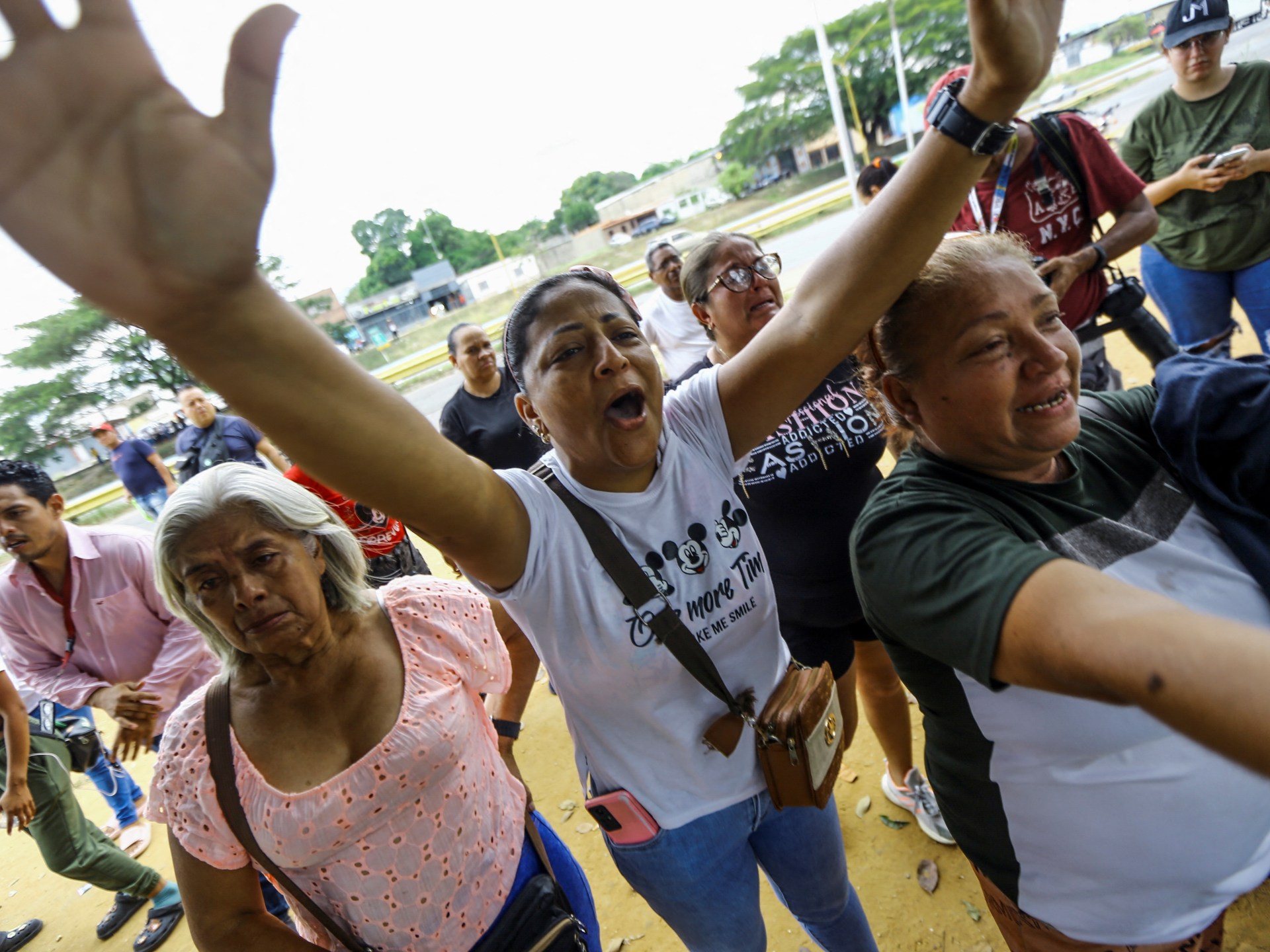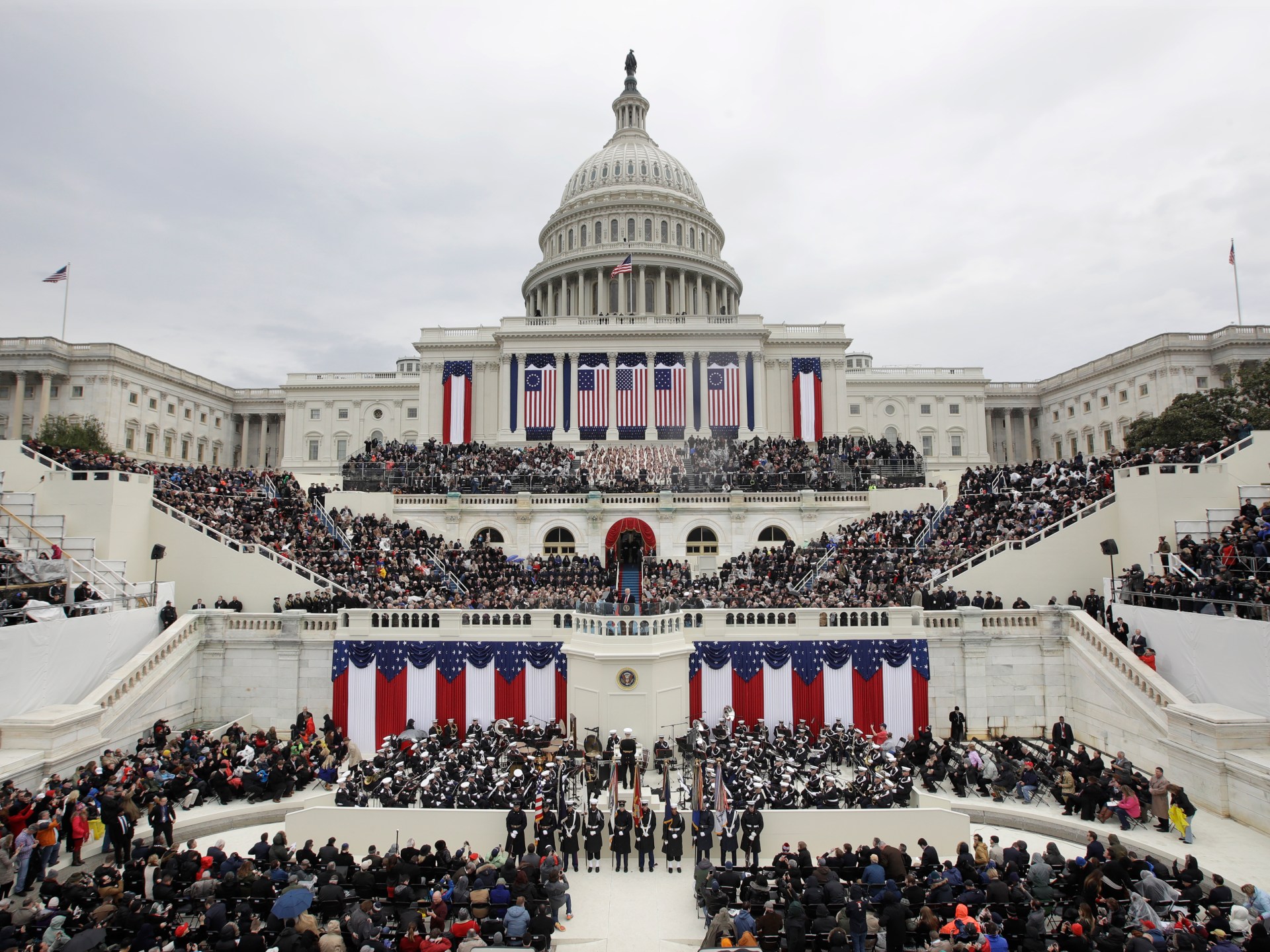

Whether new protests materialise against a second Trump term remains to be seen.
So far, the public’s response to Trump’s victory has been relatively muted, with none of the mass demonstrations that characterised the aftermath of his first win in the 2016 presidential election.
Advocates note that this lacklustre response is not necessarily because of repressive law enforcement tactics — or at least, not only because of them.
Gibbons, the free-speech advocate, pointed out that the George Floyd protests in 2020 came after the J20 prosecutions and grew in intensity and scale even after thousands were teargassed and arrested.
Instead, he suggested there is an element of “protest fatigue” and a “sense of helplessness” following Trump's victory in the 2024 election.
“We have seen a downturn in protesting," Gibbons said. "But I’m not willing to say that the lack of protest is because people are chilled.”
He noted that some of Trump's critics had become disillusioned with the current administration of President Joe Biden, particularly over his support of Israel's devastating war on Gaza.
“It feels like, other than Gaza, people are really burned out on protest,” Gibbons said, adding that even protests against Israel’s war have dwindled after hundreds were arrested at campus protests over the last year.

Gibbons observed that other government leaders, including at the state and local levels, have also passed laws to discourage or penalise protest.
A 2021 Republican-led law in Florida, for instance, indicates that a protester could be charged with a third-degree felony "if he or she willfully participates in a violent public disturbance involving an assembly of three or more persons".
Advocates argued the law could be used to pursue charges of "collective responsibility" in court, and in 2024, the Florida Supreme Court ultimately ruled that peaceful protesters could not be charged under the law.
“There is a sustained federal, state and local crackdown on dissent that takes place beginning with the inauguration of Donald Trump and continuing through Cop City that is designed to discourage people from protesting,” said Gibbons.
Lagesse has also observed that many protesters seemed to have lost steam this election cycle.
But she believes that prosecutions like hers send a message that keeps people from exercising one of their most fundamental rights: the right to protest.
“If you are a young teenager or someone who, for whatever reason, has never protested anything before and you're reading in the news all the time, ‘Protester pepper-sprayed. Protester charged with felonies. Protester arrested. Protester beaten with baton,' maybe you’re not going to go out and protest that first time,” Lagesse said.
“Maybe you’re going to tell your kids not to protest because it’s too dangerous.”
Related News
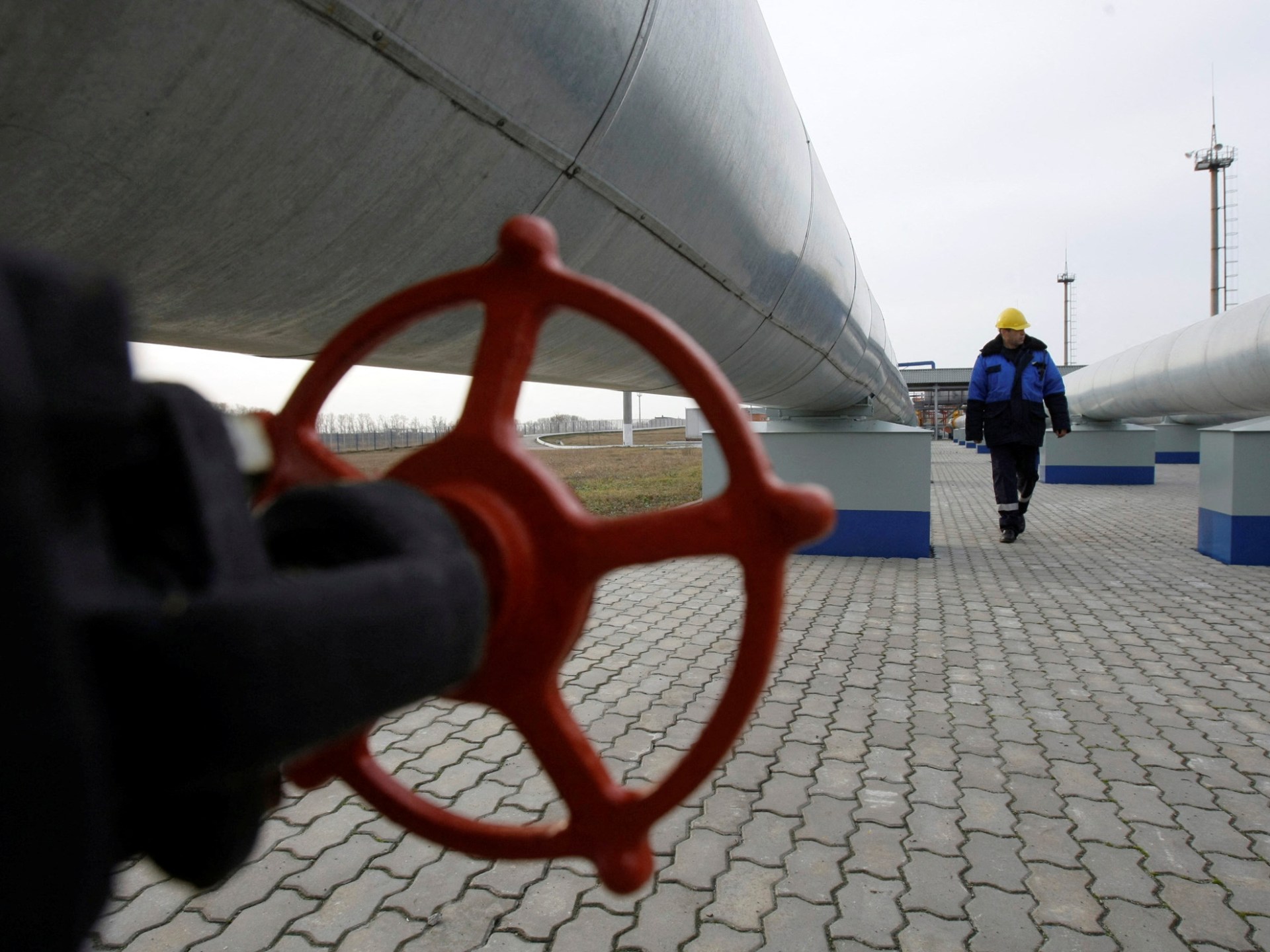
EU blasts Russia for weaponising gas in Moldova
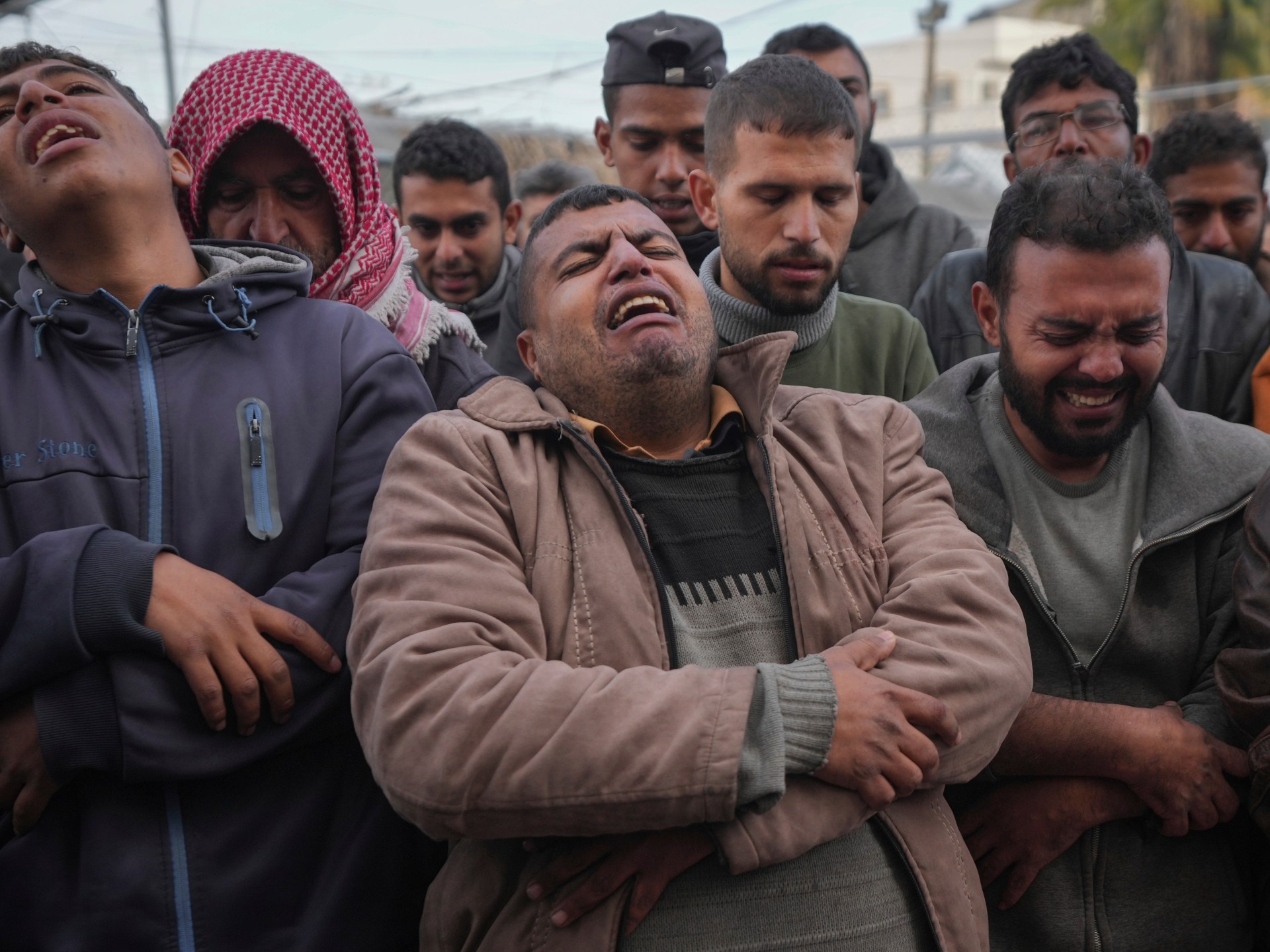
Israel kills 22 in Gaza, launches manhunt in West Bank after deadly attack
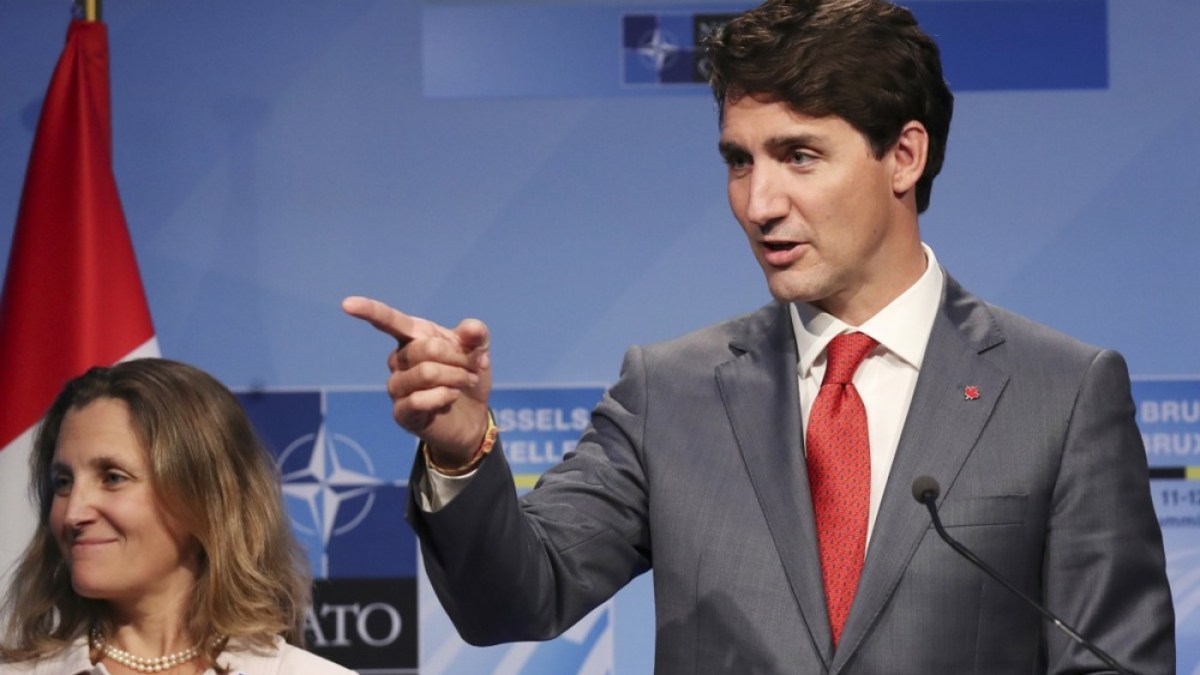
Canada PM Justin Trudeau’s Liberal Party to elect new leader on March 9
